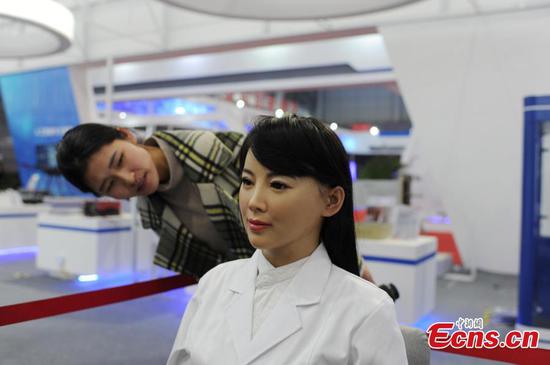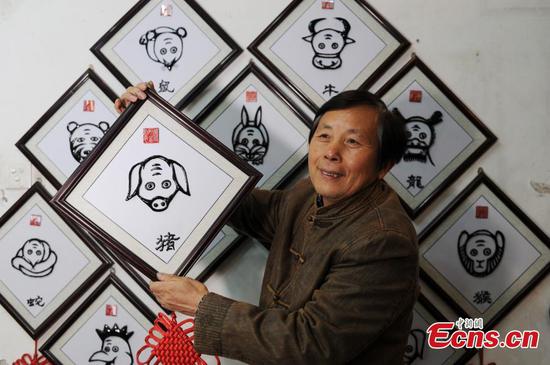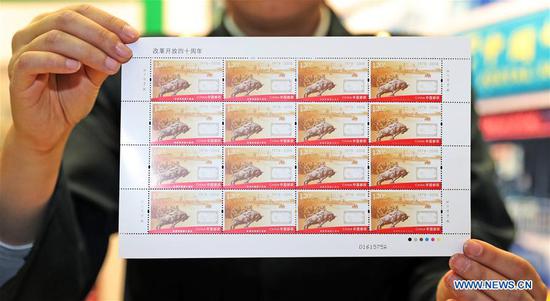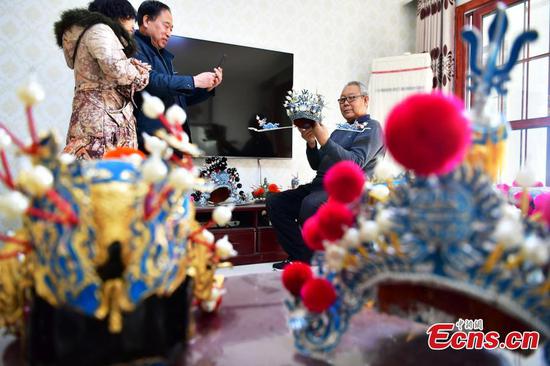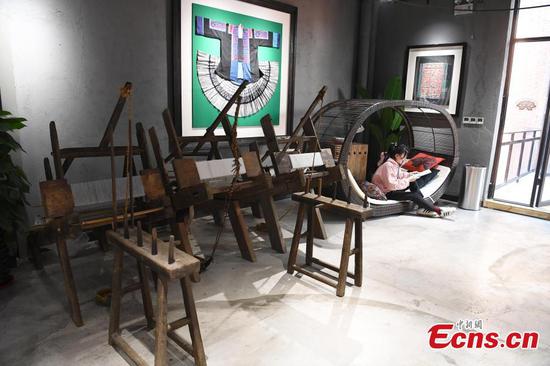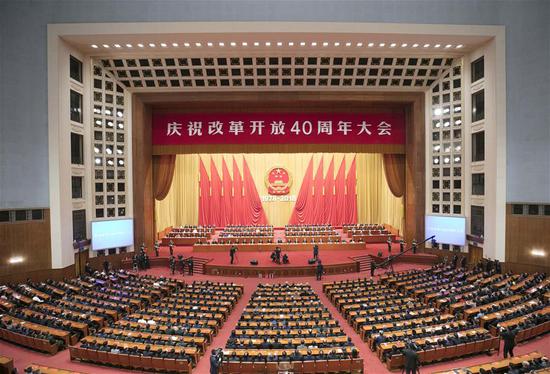Slight increase in women's participation in political affairs: global report
China continued to fall in a global ranking on gender equality for the 10th consecutive year, coming in at 103rd among 149 countries in 2018, but the situation is still better than that in India, Japan and South Korea, according to an international study.
The Global Gender Gap Report 2018, released by the Geneva-based World Economic Forum (WEF) on Tuesday, said that China's progress towards gender parity has slowed this year.
China ranked 103rd, three spots lower compared with last year's rank, but was ahead of India in 108th spot, Japan's 110th and South Korea's 115th. The survey examined gender parity in health and survival, educational attainment, political empowerment and economic participation and opportunity.
The top four are Iceland, Norway, Sweden and Finland.
The report said China remains the world's lowest-ranked country with regard to sex ratio at birth, and its healthy life expectancy gender gap widened again this year in relative and absolute terms.
However, the survey also found that China marginally improved in the share of women in political empowerment and has fully closed its gender gaps in professional and technical roles and women's tertiary enrollment, pointing to a positive scenario for the integration of women in the white-collar workforce.
During the 19th National Congress of the Communist Party of China, the number of female delegates rose, reaching 24.1 percent of the total, the Xinhua News Agency reported in September 2017.
According to the Chinese Women's Research Network, an institute set up and sponsored by the State-funded All-China Women's Federation, the percentage of Chinese women in the "Two Sessions" increased in 2018 compared with last year by 1.5 percent at the National People's Congress and 2.55 percent at the Chinese People's Political Consultative Conference, with the latter representing the biggest increase since China's reform and opening-up in the 1980s.
Women rights activists hailed China's improvement in women's education, as it effectively narrowed the professional gender gap, but pointed out that sexual isolation of women remains serious in China and their participation in politics is still limited.
"In terms of political participation, compared with men, the number of women in high positions in the central government is still rare," Feng Yuan, a women rights advocate and co-founder of Equality, a non-governmental organization that focuses on gender issues, told the Global Times.
The imbalanced gender ratio shows Chinese women have a long way to go before gaining full respect, Feng said.
There are concerns that the imbalance will lead to problems, including a decline in marriages, an increase in the divorce rate and celibacy and a lower desire for the younger generations to have a baby.
Other activists also noted that gender inequality is still the primary reason behind domestic violence. Among the roughly 430 million families in China, a woman suffers from domestic violence every 7.4 seconds, The Beijing News reported.



















